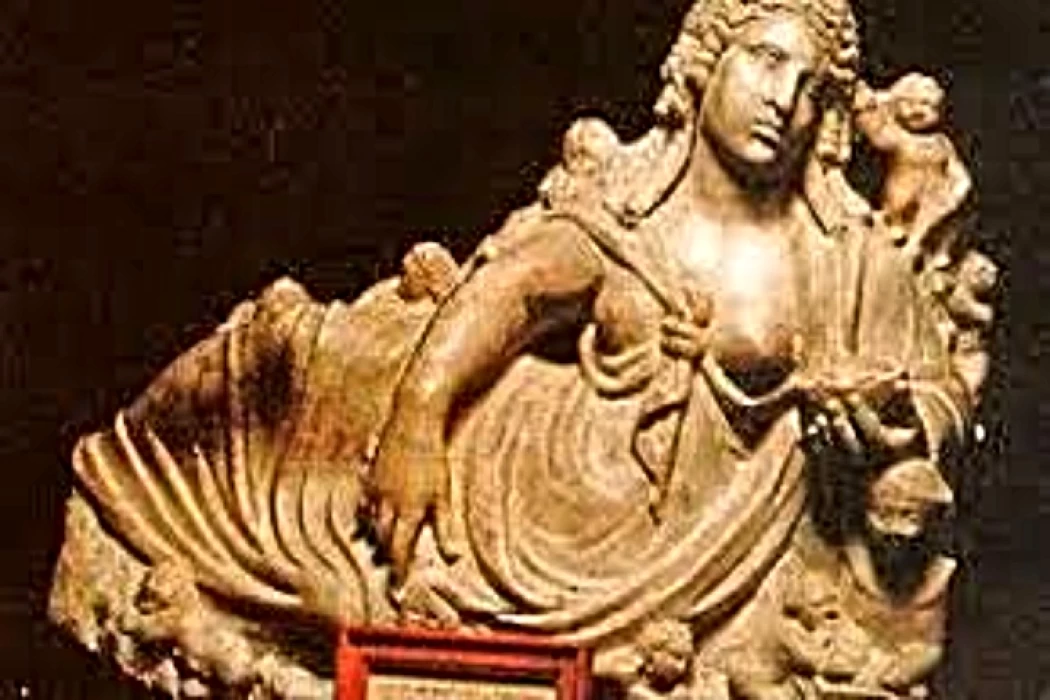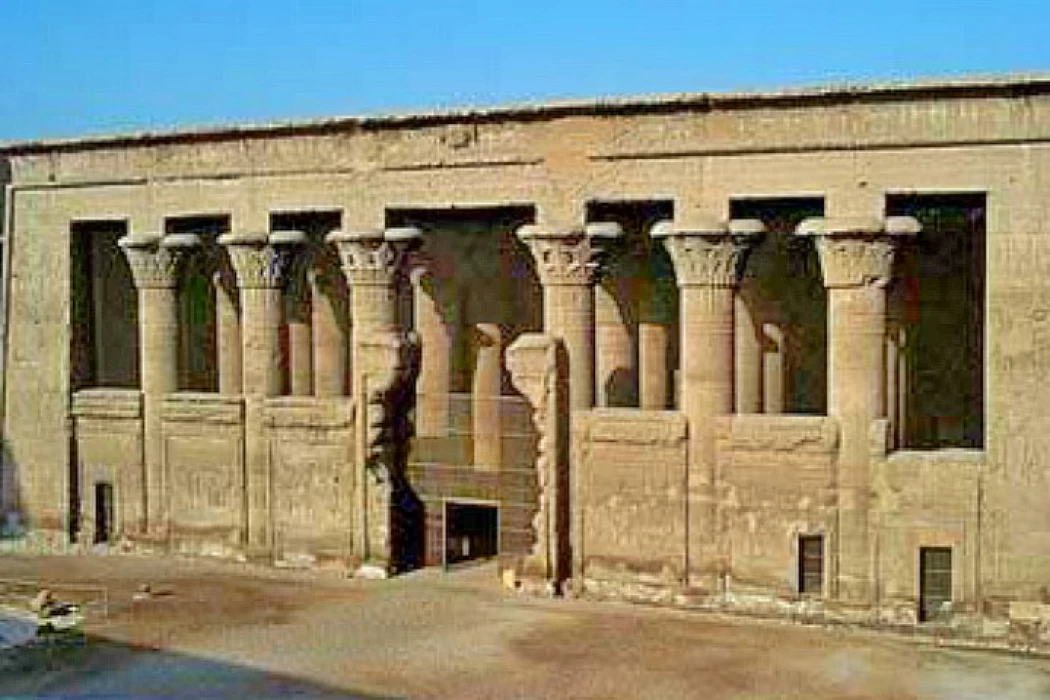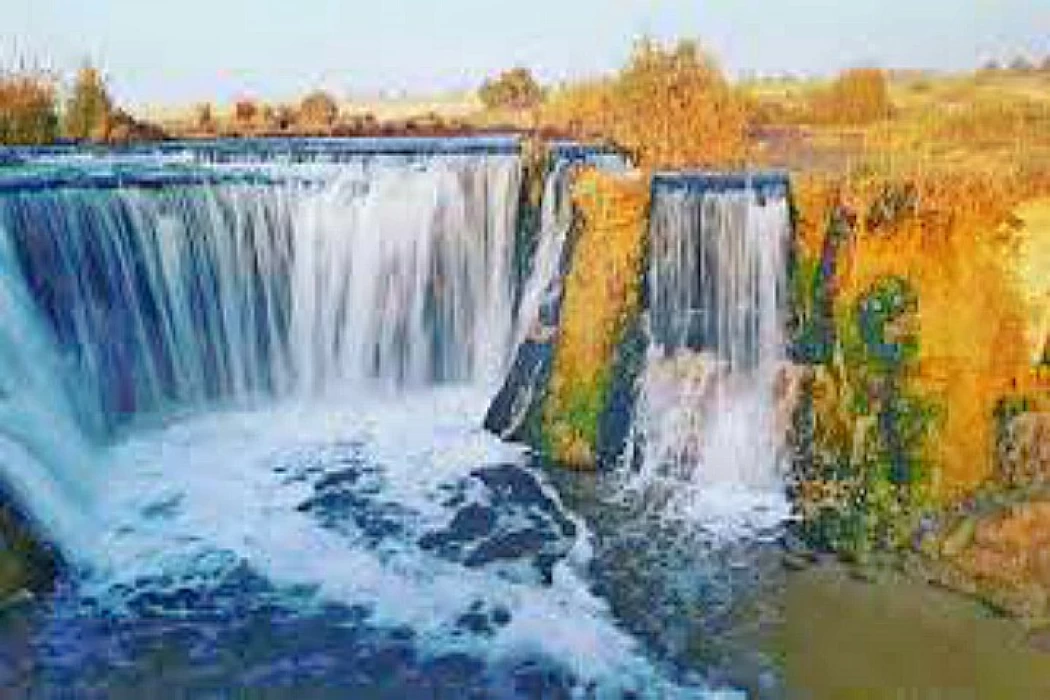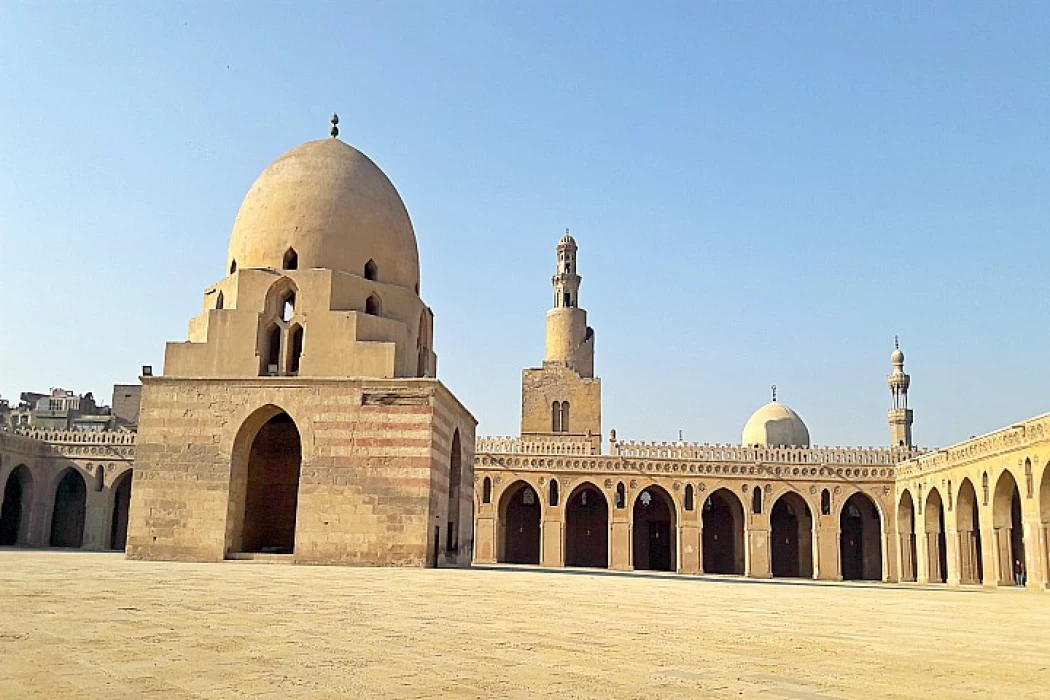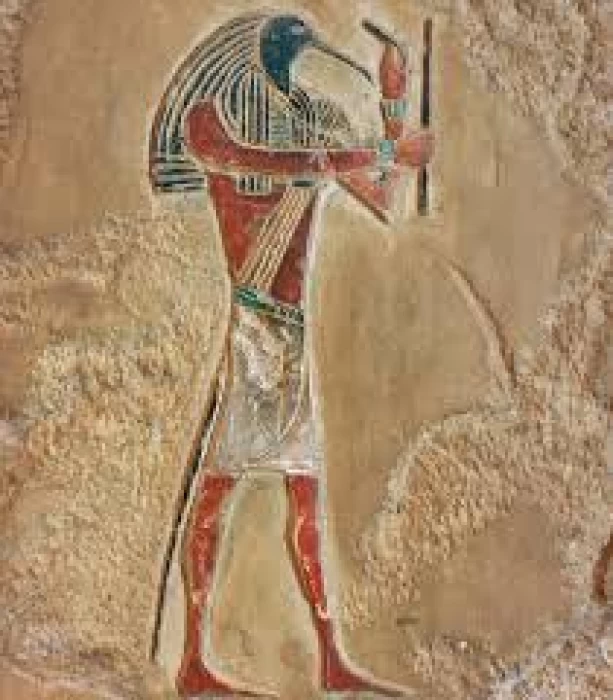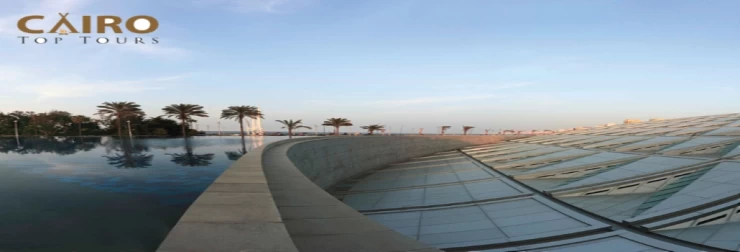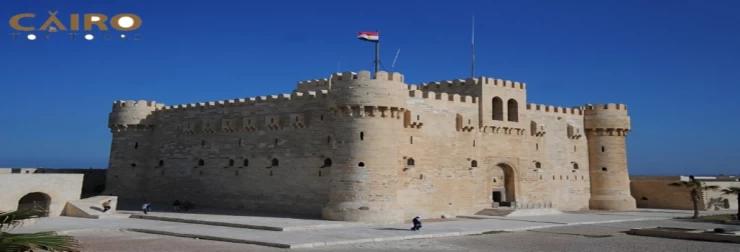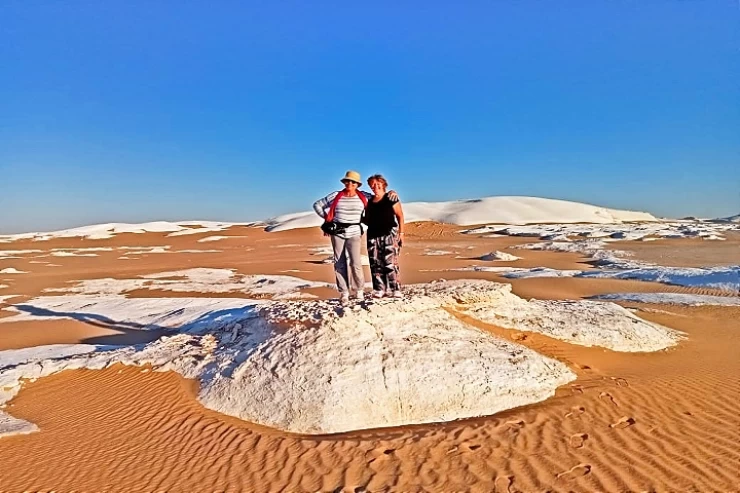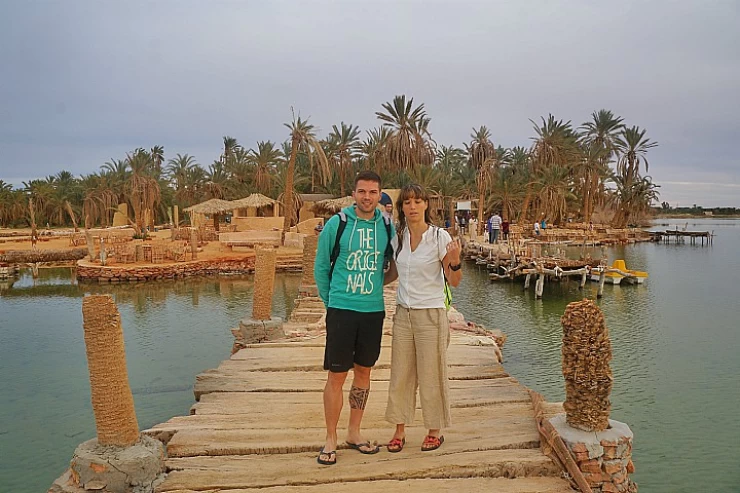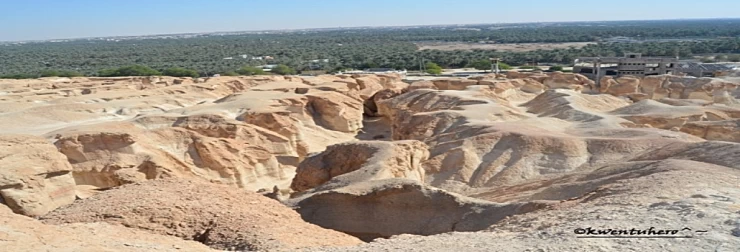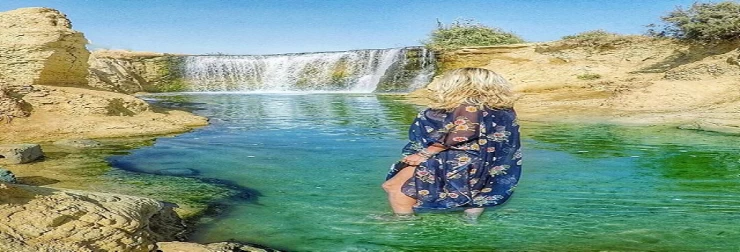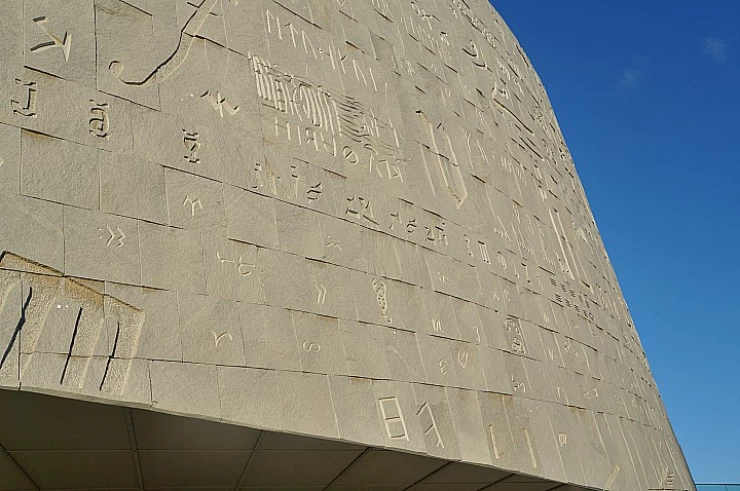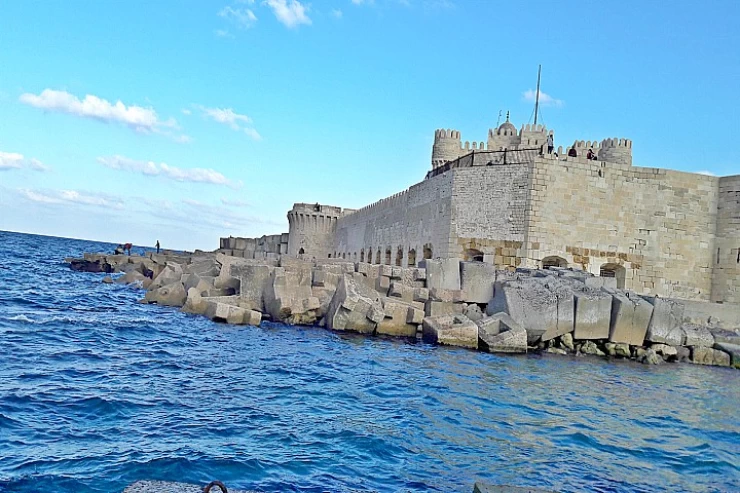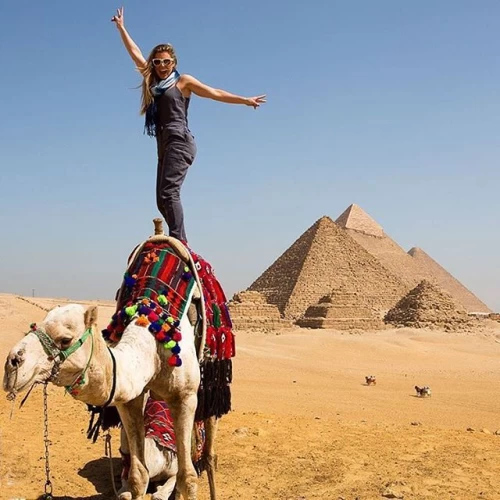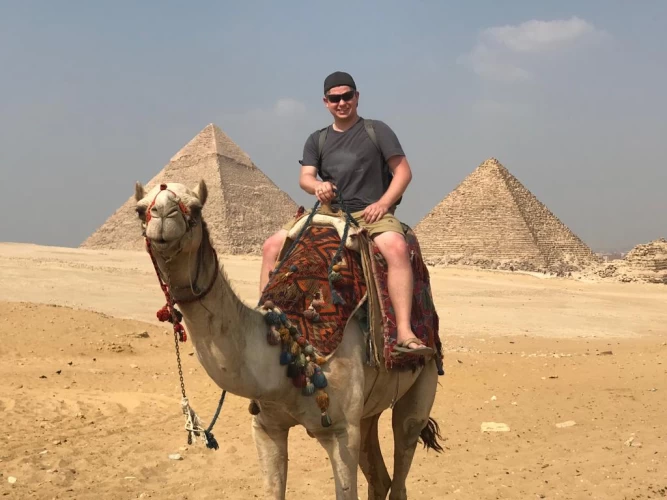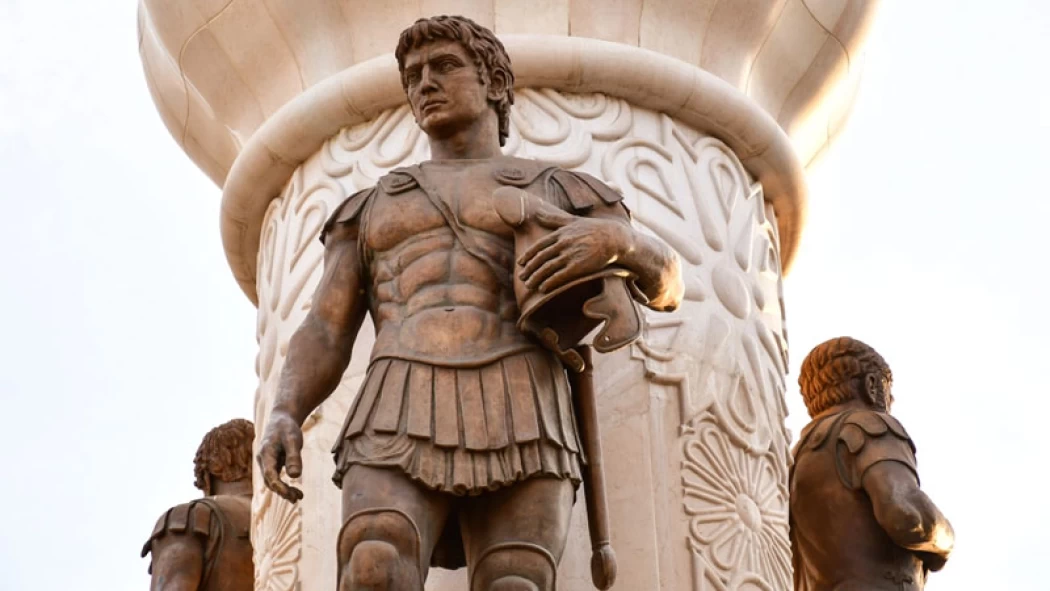
Alexander the Great
Alexander The Great
As an essential figure in Macedonian royal history, this king tried to unite the world, but his plans ended when his life came to a premature end before finally accomplishing his goal.
The region of Asia introduced a shift from Greek to Roman control during the period in which he ruled, and Alexander constructed a permanent ancient empire, which left extensive historical details.
At the age of twenty, he established an ancient empire by ruling for ten years, during which his dominion grew from western Greece to the eastern parts of India, becoming one of the largest ancient royal territories in history.
He inherited the kingdom of Macedonia at the age of 20, and in only ten years created an empire that stretched from Greece in the west to India in the east, becoming one of the largest empires in ancient history.
His military, political, and cultural achievements influenced the course of history and left an immortal legacy that is still taught and celebrated today.
Alexander's legacy includes the cultural fusion created by his conquests. He was able to integrate the Hellenic Greek culture with the different Eastern cultures of the peoples under his control.
He also founded more than twenty cities that bear his name in different parts of his empire, the most prominent and famous of which is the city of Alexandria in Egypt.
Alexander's foundation of numerous Greek colonies throughout the country created a new Hellenic civilization, the manifestations of which remained prominent in the traditions of the Byzantine Empire until the mid-15th century.
Alexander was a prominent figure in Greek and almost universal myths, stories, and history until he replaced the legendary hero Achilles and became the standard by which military leaders determine the success or failure of their careers, and military schools around the world still teach his methods and tactics of warfare to the present time.
Origin of Alexander
Alexander came into existence in Pella because it functioned as the capital of Macedonia during the year 356 B.C. King Philip II from Pella united most of Greece after achieving several military victories throughout his life. The Epirus royal house of Olympias produced his mother, who hosted a powerful personality with profound religious devotion.
His education under philosopher Aristotle at the time cultivated Alexander's interest in philosophy together with logic, science, literature, and Greek culture in particular.
The education he received during this period became essential for his ambition to spread Greek culture across his expanding domains.
Rise to the Throne
After the death of his father in 336 BC, Alexander succeeded to the throne at the age of twenty. Although he was young, he quickly proved his leadership prowess, suppressing rebellions in Greece and reasserting control over cities that had tried to secede.
After securing his position at home, he began planning to fulfill his father's biggest dream: the conquest of the Persian Empire.
After news of the death of Philip became known, several cities under Macedonia revolted and rose against their rulers, including Thebes, Athens, and Thessaly, in addition to the Thracian tribes living in the northern lands of the kingdom.
As soon as the revolution reached Alexander's attention, he organized an army of 3,000 horsemen, even though his advisors advised him to adopt diplomatic solutions, and marched south towards Thessaly. When he reached the crossing between Mount Olympus and Mount Ossa, he was surprised to find that the Thessalians had occupied it and stationed their forces there.
Invasion of the Persian Empire
Alexander began his great campaign in 334 BC by crossing into Asia Minor at the head of a trained professional Macedonian army. He soon achieved great victories, most notably:
The Battle of Granicus
It was his first battle against the Persians, in which he was victorious despite the enemy's numerical superiority.
The Battle of Issus
In which he faced the Persian king Darius III and inflicted a crushing defeat on him, opening the way to Syria and Phoenicia.
The Battle of Gaugamela
It is considered his greatest victory, where he destroyed Darius' army and opened the gates of Babylon, Susa, and Persepolis, the capitals of the Persian Empire.
Expansion to the East
After eliminating the Persian Empire, Alexander did not stop. He continued to expand eastward, crossing the Himalayas and reaching the Indus River in India.
The Battle of Hades
The Indian king fought Porus and defeated him after a fierce battle, after which he showed great tolerance and respect towards his opponent, even appointing him as his vassal ruler.
But his exhausted soldiers refused to advance further, forcing Alexander to return westward.
Alexander in Egypt
He left behind local administrations and new cities in the Greek style, the most important of which is the city of Alexandria in Egypt, which Alexander entered and made the capital of his empire.
It is known that the city of Alexandria was built by Alexander himself, which is why it bears his name and his Greek character, and this great city later became an important centre for his successors, the Ptolemies.
Before Alexander left Egypt, he paraded his troops to bid farewell and held a sports and cultural festival for the Egyptian and Greek people as a symbol of cooperation between the two ancient civilizations.
He also recommended his staff make some repairs to the temples and renovate the Temple of Karnak, and then he left and headed east again with his army.
The building of Hellenistic civilization
Alexander was not just a military conqueror, but he had a civilizational vision, so he sought to integrate different cultures under one banner, spreading the Greek language, art, science, and philosophy, and founded many cities that became centres of science and trade.
He adopted the customs of the East, married Persian women, and wore oriental costumes, much to the chagrin of some of his Macedonian officers, but he aimed to build civilizational unity among the different peoples in his empire.
He adopted the customs of the East, married Persian women, and wore Oriental costumes, much to the chagrin of some of his Macedonian officers, but he aimed to build civilizational unity among the different peoples in his empire.
His mysterious death
Upon reaching Babylon, Alexander started organizing new military ventures, though he would never begin any campaigns since he died in 323 BC.
The sudden passing of Alexander occurred in Babylon just when he reached the age of thirty-two. The reason behind his death remains unclear to historians because people believe he either died from malaria or typhoid, while other researchers point to poisoning as a possible cause.
The territories divided between Alexander's generals arose from his death since his dream of empire collapsed, thus starting brutal wars while his civilizational influence survived.
Latest Articles
Admin
The Graeco-Roman Museum
The Greco-Roman Museum of Alexandria is Egypt's most important archaeological museum, displaying a wide and impressive array of antiquities of the Roman and Greek periods, a testament to Alexandria as a hub of culture and civilization in the ancient world.
Admin
Temple of Khnum
The Temple of Khnum in Esna is a great religious monument that stands as a living record of the excellence of Egyptian artists and priests during the Ptolemaic and Roman eras and should attract every lover of Egyptian history and civilization.
Admin
Beni Hassan Tombs
The tombs of Beni Hassan are among the most prominent evidence of the greatness of ancient Egyptian civilization, as they reflect the Egyptians' mastery of architecture and sculpture, as well as the minute details documenting aspects of their daily life and religious beliefs. These tombs, which date back to the Middle Kingdom, are not just burial sites but archaeological treasures that reveal the nature of Egyptian society at the time as well as its political and economic relations.
Admin
Wadi El Rayan
Wadi El-Rayan is one of the most important natural tourist attractions in Egypt, especially in Fayoum, where there are many wonderful places such as waterfalls and springs for medical tourism, as well as mountains for safari and camping.
Admin
Muslim Conquest in Egypt
Egypt became part of the Islamic world and played a pivotal role in Islamic and Arab history. The conquest had a different aspect than many conquests, as it was characterized by organization and negotiation, as well as military power.
Admin
God Thoth
Thoth served as the spiritual representation in Egyptian mythology whose divine nature embodied reason as well as justice and eternal wisdom. The legacy from Thoth spread throughout thinking, religion and science, thus preserving his name in Egyptian and Greek philosophical works.
